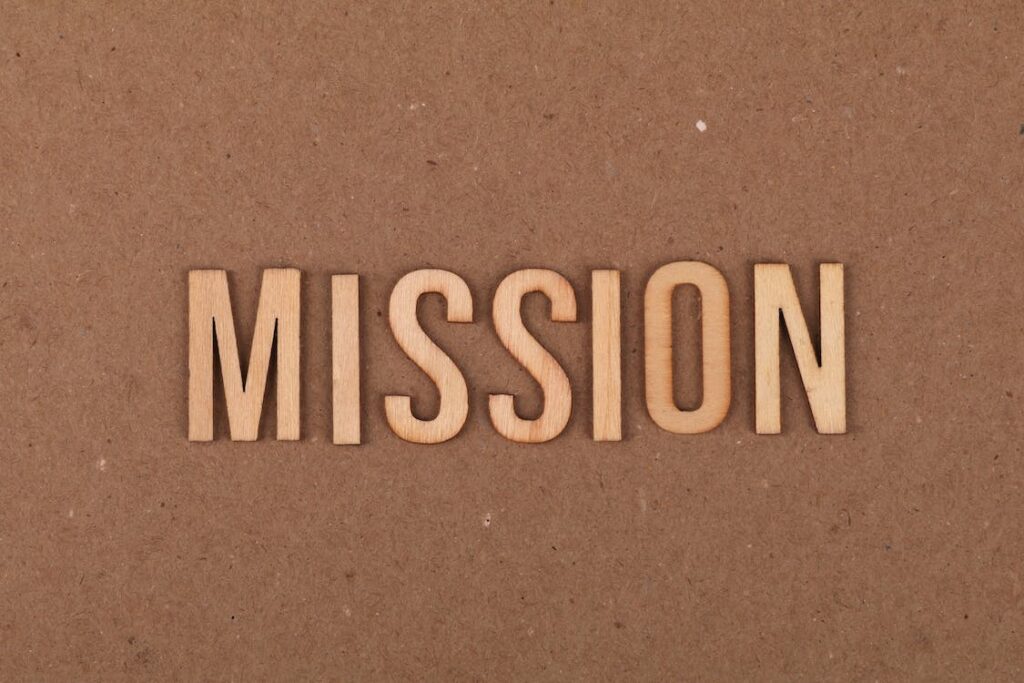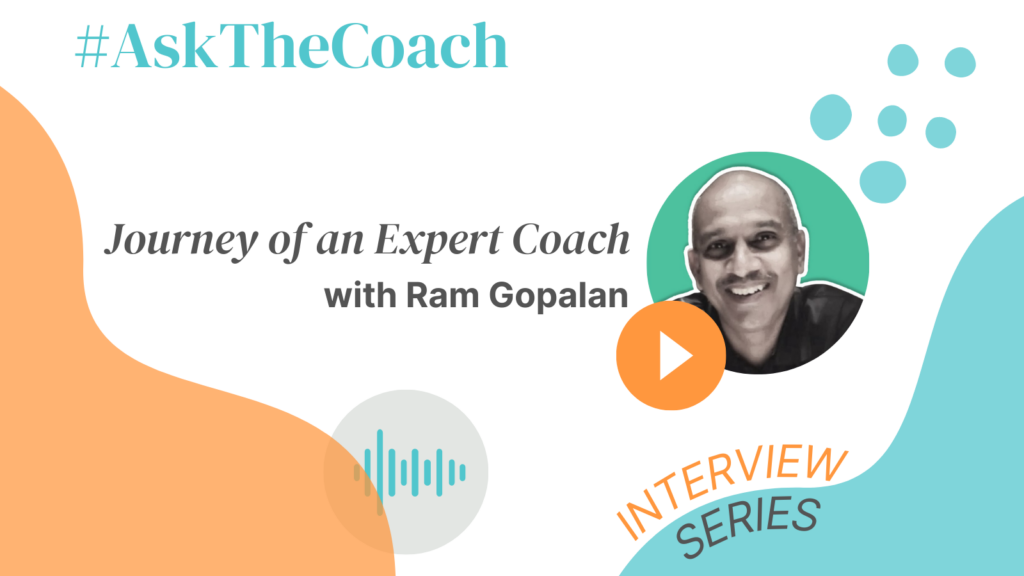When an independent coach undergoes training, a lot of emphasis is placed on asking powerful coaching questions in sessions. One is trained a lot in terms of the ability to ask reflective and open-ended coaching questions, which will help the client to think for themselves and gain insights.
In my case (and maybe other coaches can resonate), this puts a lot of pressure on me as a coach to focus on asking the ‘powerful’ questions in a session.
What Is the ‘Golden Question’?
There is this idea of a ‘golden’ question out there that will be the one question that will unlock layers upon layers of insights within the client and create ‘aha!’ moments for them.
Now, when I started my journey as an independent coach about a decade back it became almost addictive in a way to unlock those magical ‘aha’ moments that would stem as a result of those ‘golden’ questions.
Therefore, always focusing on asking powerful coaching questions and expecting that each question has to be ‘right’ can be a bit of a trap that coaches can sometimes fall into. Because what ended up happening for me in my earlier days of coaching was that instead of being with the client where they were, I was lost inside my own head wondering what powerful questions coaching the client should I ask next.
What possibly ends up happening as a result is that the coach starts thinking about the problem and you are possibly putting in scenarios where one starts pre-empting the response to each question that can be asked, which leads to you thinking on behalf of the client. It also ends up making you a lot more self-conscious.
Here are a few things that have helped me facilitate the coaching powerful questions process:
The 7-Question Process
I picked up the ‘7 Questions’ process during my Action Learning Training. This format starts with the coach asking a question and picking up the next question from the answer the client provides.
For instance, if I asked the question “What did you have for breakfast today?” and the response was “bread & omelet”, then the next question would incorporate “bread & omelet”. One possible trail off to that could be “How often do you eat bread & omelet for breakfast?”.
Another possible question could be “Apart from bread & omelet, what else do you have for breakfast?” Which one the coach picks can be subjective and depending on what they pick the conversation can be steered in different directions.
As you can see the first question “How often do you eat bread & omelet for breakfast” enables the client to go deeper into their original answer, whereas the second question takes them away from it. Neither is right nor wrong. What ultimately matters is which question will help the client with what they want to be coached on. This is something the independent coach will need to discover for themselves.
This powerful questions coaching process is all about following the client and staying within the context of the coaching conversation. And while the above is not technically ‘coaching questions’, they can help the subject (the client) understand themselves better versus focusing too much on the object (the problem).
Questions That Enable Staying In Conversation
1. “What else?”
This question enables the client to expand on the relevant topic and creates space for them to step back, introspect, and bring up other nuances that may not have come up in the initial rounds of sharing. Variations of this include – “Is there anything else?” “Anything else coming up for you?”, which essentially helps them explore what they’re talking about a little deeper.
2. “How are we doing in this conversation now?”
This helps the client anchor back to their original dilemma in case they have wandered off. A variation to this is “We’ve been talking about 20 minutes right now. How are we doing?”
3. “What outcome or output would make it seem like this session was worth your time?”
This is a really great question to ask if you’re doing a one-off session with a client, to help them gain clarity about what they’re looking to address.
4. “What do you want from me as a coach?”
This is helpful for long-term engagements with your client.
5. “What did you learn about yourself today?”
This enables the client to reflect back on the session to unearth what they’ve discovered about themselves in the process that they may not have been aware of before
6. “What are you taking away from this conversation that you can apply to your day-today?”
This is to help the client get into action mode with what they’ve learned during the session and see how feasible it is to take and implement it outside of the coaching conversation.
These questions can be peppered along the beginning, middle, and end of the session to get closer to the outcome that the client is looking for.
Coaching Questions to Ask Clients When They Are Stuck
1. “Where do you want to go next?”
2. “Where do you want to take this conversation?”
The above questions help the client focus back on what they had initially wanted to address and may have gotten side-tracked on.
While not exactly a ‘golden question’, the questions that I find I go back to very often in a sticky situation with a client are “So…?” & “And…?” These are especially helpful when you find that the client is being very long-winded with their answers or are repeating themselves, which is not letting the conversation move forward.
In practice, you can play around with these questions and they could be something along the lines of “So, what does this mean to you?” or “And how does this help you move forward?”, especially if you find a client being stuck in the past.
These questions have a certain edge to them but can prove effective if asked without judgment or being critical, yet still maintaining some firmness.
Ego-Proof Your Questions
Asking powerful coaching questions is something I also connect back to the coach’s ego. It’s about how one approaches these questions.
If it is coming from a place of “I asked the right question and thus the client got an insight,” then it has pandered to the coach’s ego. And to keep a check on this, a good way to progress is to ask yourself what is your role as a coach. Are you someone who is, in a subtle way, providing the answer for the client because you asked a certain question? Because if you are, then you’re not being a coach. Check yourself on how much of your ego is invested in your coaching journey.
A better way to approach this would be to have a healthy curiosity about where the client is, and what they’re going through, empathize with them, and get curious around what will ultimately help them reach their desired state.
About Simply.Coach
Simply.Coach is an enterprise-grade coaching software designed to be used by individual coaches and coaching businesses. Trusted by ICF-accredited and EMCC-credentialed coaches worldwide, Simply.Coach is on a mission to elevate the experience and process of coaching with technology-led tools and solutions.

Executive Coach & Co-founder of Simply.Coach
Recognised as one of the Most Talented Coaching Leaders in India by CHRO Asia, Ram is an ICF certified coach with more than a decade of coaching experience Before co-founding Simply.Coach in 2020, Ram worked across the gamut of organisations, from start-ups through to global MNCs. Having served as VP and Country Manager for Publicis Sapient, Ram’s corporate expertise helps him focus on positive change to empower leaders to reach their goals









